My very first memory of writing was of dictating thank you notes. I talked, and my mother wrote down my exact words. Writing - even holding a pencil - was an excruciating process when I was young.
Dictation didn't end there. In first grade I wrote a series of ~16 books, all about Leo the Lion and his friend George, all dictated. I was dreadfully proud of them. I told the stories that were burning in my heart, colored pictures above the text and was introduced to the joy of writing. Sometimes I copied out the adult's printed words in my own handwriting (and later these were typed out into finished books), but most of these books I "wrote" before I learned to read. My teacher understood that the most important thing about writing was expression.
I've used dictation with my own kids since they were two. I use dictation the most to help my kids express their intense feelings when they are mad or crying (more in "Take Dictation from your Tot" in my book "It's OK Not to Share...") It works like a charm. Even in the midst of a temper tantrum, my son will stop screaming and come help me get the right words down on paper. (His latest dictated note: "I'm so mad I want to throw a house, a trash can, 30 cars and a hundred million gardens....") Writing is important to him because he understands words have power; writing helps him express his deepest feelings.
A friend recently pointed out a beautiful blog post that sings the glories of dictation when teaching kids to write. I don't see dictation used much these days. Why not? We seem to rush into letter recognition and that excruciating-holding-the-pencil process.
Adult writers still struggle to "find their voice" - that all important aspect of good writing. But kids can start out with their unique voice. I'd like to see kindergarten, first and second grade classes filled with children dictating their most fanciful stories and innermost thoughts. That's fundamentally the most important part of writing: expression. That's joyful literacy.
Have you ever used dictation in school or at home? Why do you think this tool is so powerful?

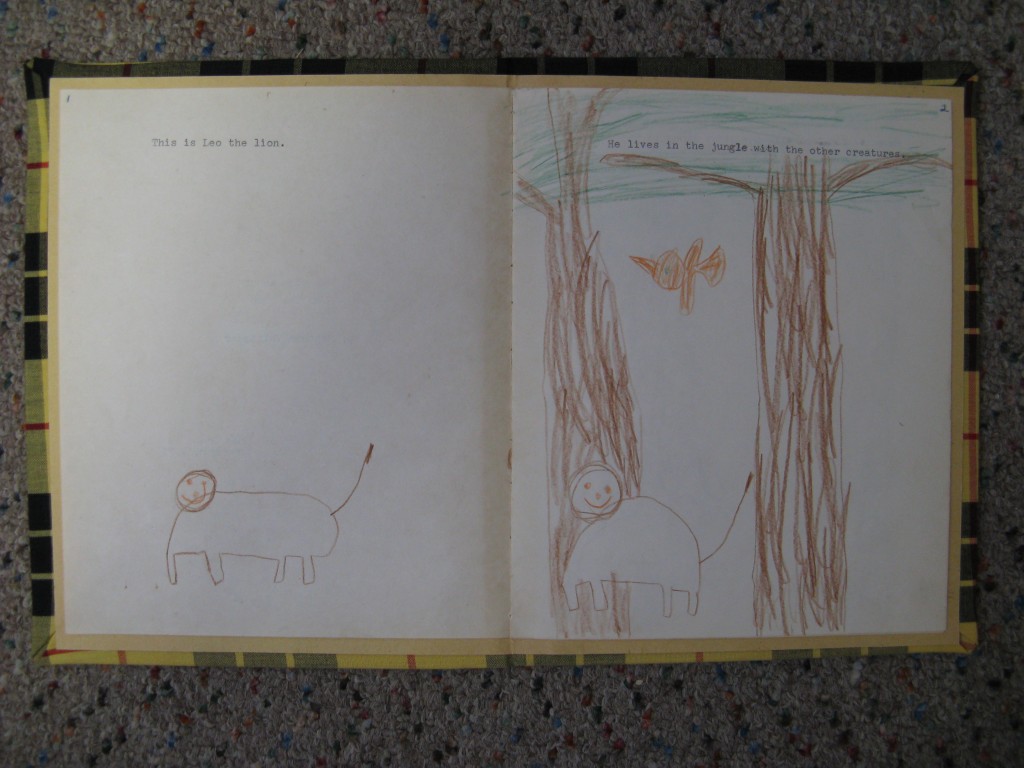
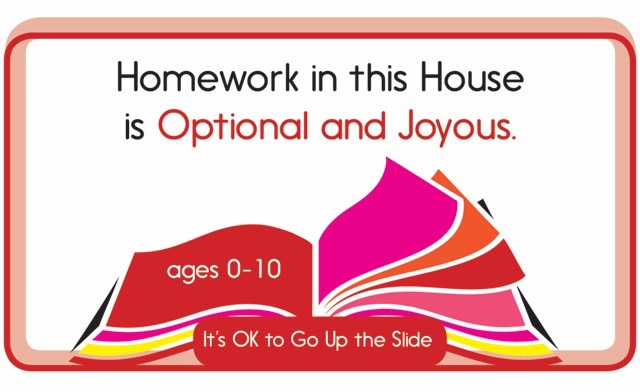
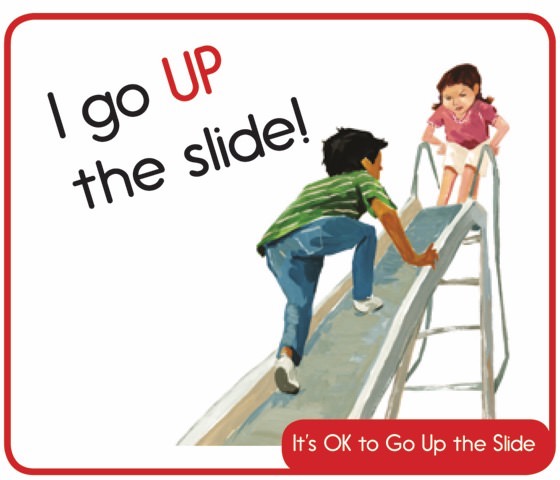
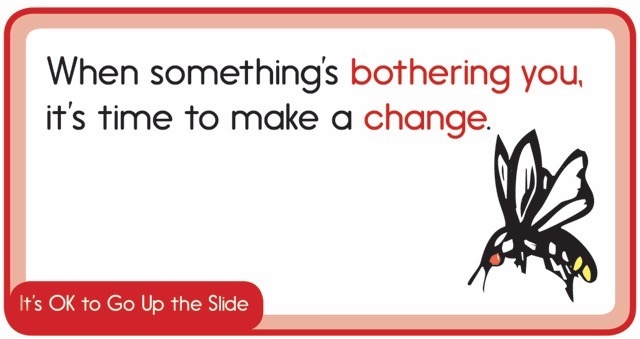
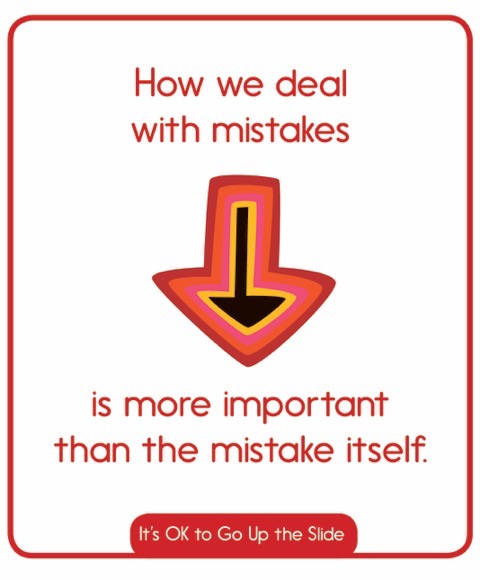
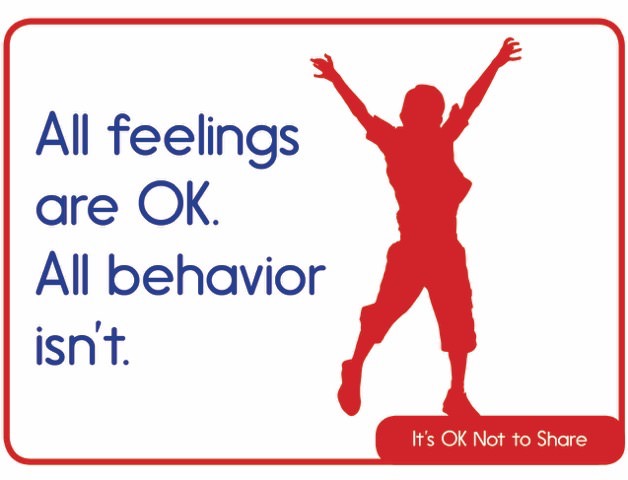
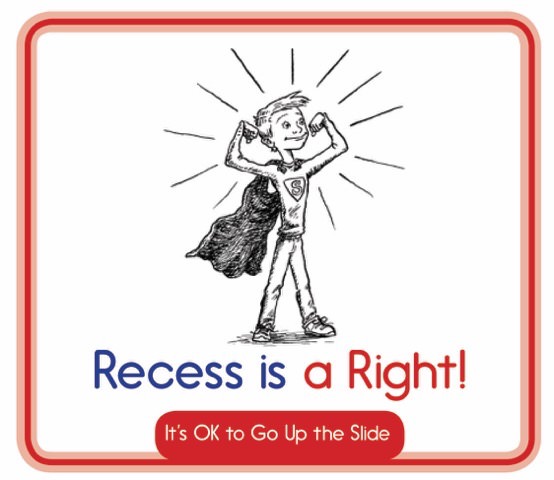
I use dictation often with my daughter. She is a ferocious story teller and, at four, has written no fewer than six books including one about hangnails, a book about her grandfather and is currently working on one about librarians that she has titled "Superbrarians." Last year, she wrote a book about each of her three teachers at SYC. They were treasured for sure!
What a prolific young storyteller! Hooray! I can imagine that all the librarians out there might like to take on a superhero persona and start calling themselves "Superbrarians!" So glad dictation is alive and well in your family.
"That’s fundamentally the most important part of writing: expression. That’s joyful literacy."
This is vital, key, pivotal. Expression is the core -- the very heart -- of writing.
And so many writing conferences focus on "voice." Wouldn't it be wonderful if we never lost our writing voice, just developed it from youth on?
My oldest son has autism and it is essentially impossible for him to write with a pen or pencil. Although he can type, it seems that the concentration needed to do so prevents him from keeping what he wants to say in his mind long enough to get it down. So, in school and at home he has someone to scribe for him, which uncouples the physical aspects of writing from the mental efforts. And thank goodness we've done so, because he is very creative and has a rich inner life, and having a scribe allows him to capture those thoughts. Soon we'll try some speech-to-text technology, which he will have the option to use if he'd rather not have an adult involved in his creative process.
I love the word "scribe." What a terrific way to describe dictation! Because as you well know, it's not the act of writing itself, it's expressing the thoughts that are inside. Kudos to you in helping your son write without writing.
I'd better get my novels published ASAP because there'll be a huge wave of new young writers flooding the market in about 10 years who were raised by Heather's Renegade Rules and started "writing" at age two! 😉
The dictating anger idea is one of my faves in the book. Anything to promote literacy and self-expression.
Thanks, Chris! Get ready for the next wave of readers (keep going on that novel). Glad you like the anger dictation part - that's one of my favorite parts, too.
Heather, thank you so much for linking to my article! I am a huge fan of dictation. In fact, I wrote a whole series of blog posts about it here: http://patriciazaballos.com/the-dictation-project/
It baffles me, too, that dictation is so underused when it comes to helping kids learn to write. It has such power to help them value the written word from a young age, and to develop their voices as writers. I could go on and on…
I love that you still have the work you dictated as a child. And your technique of having kids dictate when they're angry? That's a new idea for me--but it sounds intriguing! I imagine it might have helped my oldest through his tantrums. (He's 20 now.)
Nice to meet you!
Nice to meet you, too, Patricia! Love your article and approach to writing. Zest and joy first! Readers, please look into Patricia's blog if you're interested at all in the process of learning to write. Fantastic stuff.
Glad you're past the tantrum stage with your family, Patricia. Dictating notes about emotions is my favorite, but my book goes into waiting lists, kid based-rules, contracts and all sorts of ways to create truly meaningful literacy for very young (mostly non-reading) kids.
Thanks so much for stopping by Starlighting Mama! We talk a lot about writing, literacy and renegade parenting here. Thanks for sharing your insights so eloquently.